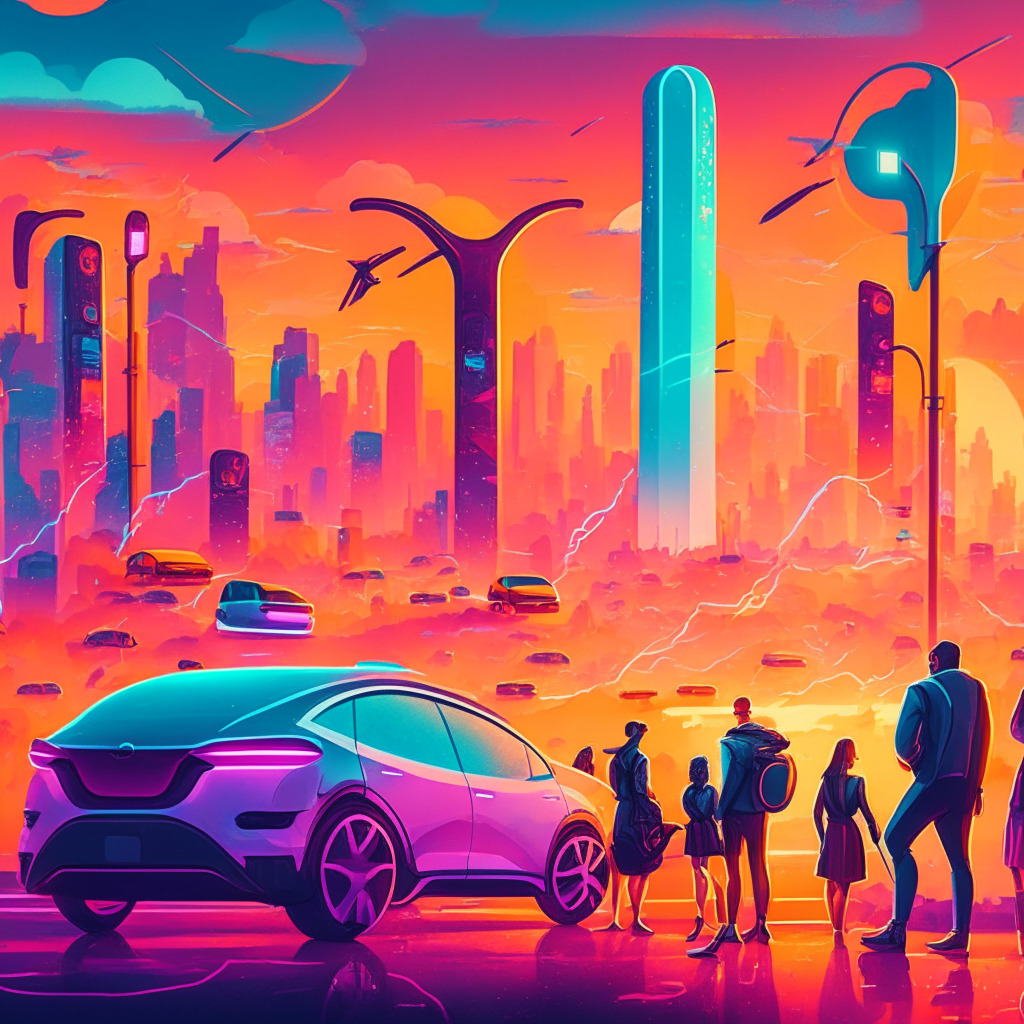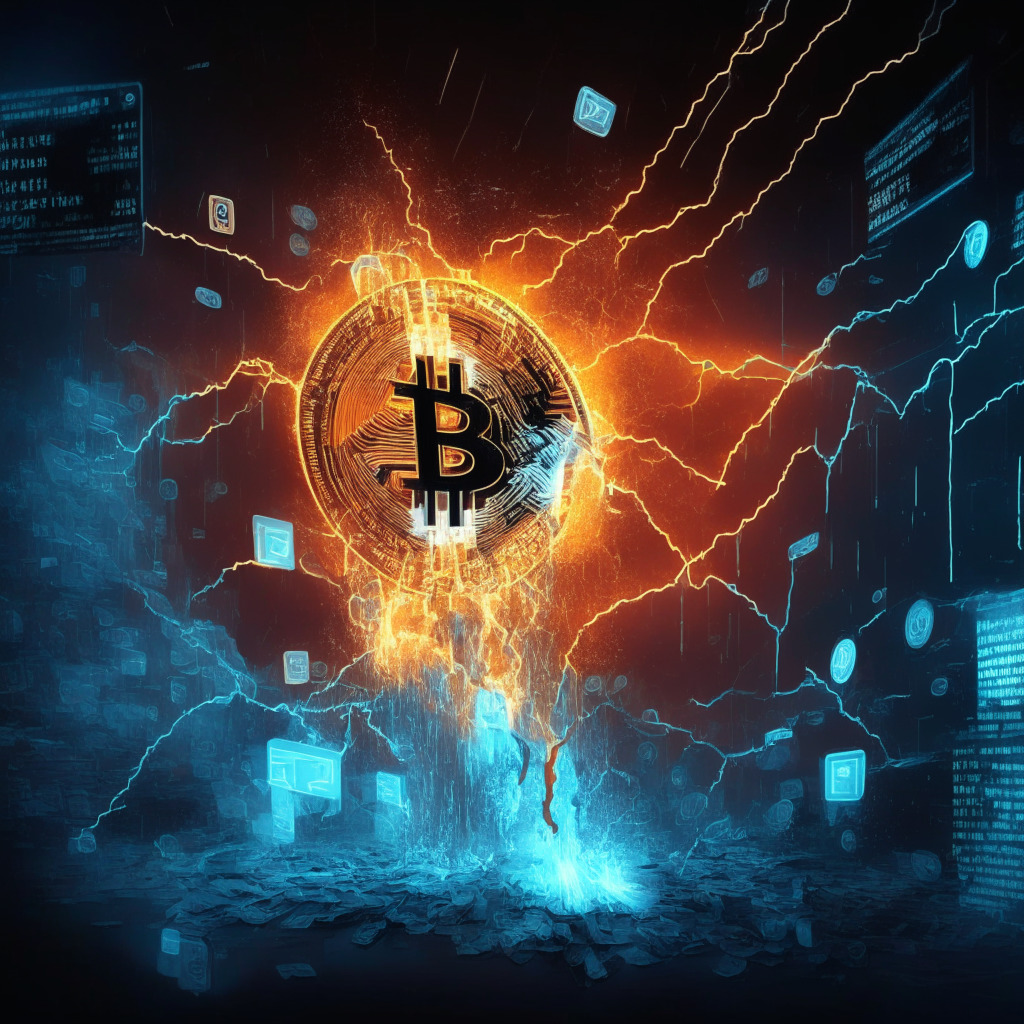A Vienna-based car-sharing service company, ELOOP has announced the tokenization of 100 Teslas via a Web3 network known as peaq. This fleet expansion represents nearly half of the company’s car-sharing vehicles being outfitted with blockchain-based self-sovereign IDs. The integration enables users to own a fraction of the fleet and share the revenue these cars generate, opening up an innovative approach to decentralizing car-sharing services.
When a user owns a token, they own a proportion of the entire carsharing fleet, depending on the size of their investment in the token. As cars are rented out, revenue is generated and distributed back to the token-holding community. The aim is to make it as easy as possible for anyone to invest in the cars without any responsibility, while the company handles all legal matters related to the vehicles.
Blockchain’s integration into real-world assets is crucial for mainstream adoption, as it allows people to co-own assets that generate revenue based on actual services and goods. High-value assets can be decentralized, democratizing their use and opening them up for public accessibility. Tokenization of such vehicles, such as AI-capable Teslas, can help people to invest in and earn from them.
Car sharing is just the beginning, as companies are showing interest in decentralized electric vehicle charging, decentralized ride-hailing services like Uber, and decentralized camera networks. This development is in line with the EU initiative Gaia-X, which seeks to establish a sovereign data infrastructure, enabling individuals and individual cars to own, control, and share their data.
As more high-value assets are put on the blockchain, communities can fund, build infrastructure, and profit from it. Tokenization and decentralization of high-value assets such as Teslas help to bring Web3 into the mainstream and allow for a more egalitarian distribution of value generated by these assets. The future of blockchain integration into industries like car sharing also opens up the door for further integration into other industries and aspects of our daily lives, creating new opportunities for innovation and growth.
Source: Cointelegraph




